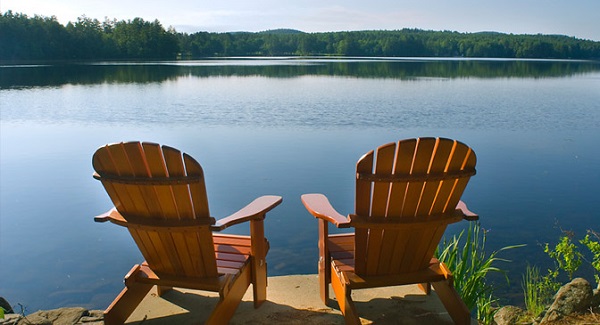
Summer is just around the corner and if you’re a lake homeowner, that means you’re probably gearing up to enjoy the outdoors. Whether you’re boating, swimming, or soaking up the sun, you’ll most likely encounter a host of creepy-crawly creatures and other flying insects that weren’t invited to the party. We all know the usual suspects—from mosquitos to mayflies—so we talked to pest control expert Wesley Wheeler, founder, and owner of Bug Lord, who helped us compile a list of some of the most common lake pests and ways to control them.
Mosquitoes

Mosquitoes go hand-in-hand with lake life because they breed in shallow pools of water, which are quite common around most lakes. They’re also attracted to standing water, yard debris, and clogged gutters and drains. While mosquitoes are a menace in every U.S. state, Minnesota has such an impressive population that they’ve been not so endearingly named the unofficial state bird. Having a very flat topography as well, the land of 10,000 lakes delivers ideal conditions for spawning hordes of mosquitoes that are difficult to treat.
“Mosquitoes can travel miles from their breeding grounds, so it’s not always possible to treat your own property and take out the population,” says Wheeler. “Instead, using mosquito repellents with an active ingredient of DEET (chemical name, N, N-diethyl-meta-toluamide) or oil of lemon eucalyptus are proven to be effective,” he adds. There are many natural options for controlling mosquitos with ingredients such as rosemary oil, peppermint oil, cedar oil, and even garlic that are more eco-friendly and much safer to use than chemical pesticides. Severe mosquito problems might require more potent chemical intervention. Check out this list of natural and chemical yard sprays for the best options as well as other pesticide-free strategies for mosquito control.
Chinch Bugs
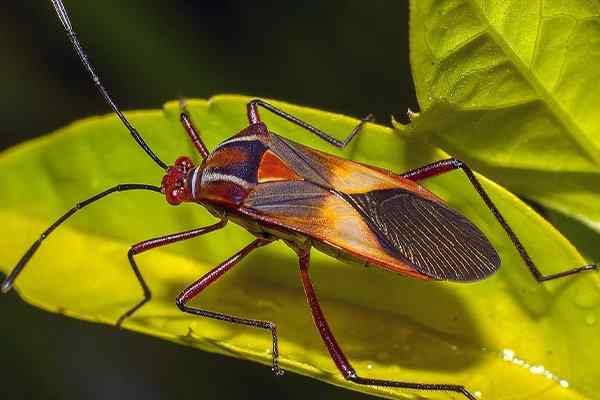
Lake homes are all about enjoying the great outdoors, but when your lush green lawn turns into a barren wasteland, you have a real eyesore on your hands. If you live on the Gulf Coast, Florida, Georgia, or South Carolina, there’s a good chance you have St. Augustine grass, which is susceptible to chinch bug infestations.
Chinch bugs will suck the moisture out of your grass and replace it with poison that kills it. These bugs are very tiny and hard to see unless you’re down on your hands and knees inspecting the grass. A chinch bug infestation typically starts as a patch of dead grass that doesn’t respond to watering. The patch will slowly expand until you realize what’s happening.
“Once you recognize what the problem is, I recommend treating it by spreading some pesticide granules on your lawn (DeltaGard G or Talstar granules work great) and watering the lawn once applied,” explains Wheeler. “You should see results quickly, and this will kill other insects like ants and spiders too,” he notes.
Giant Water Bugs
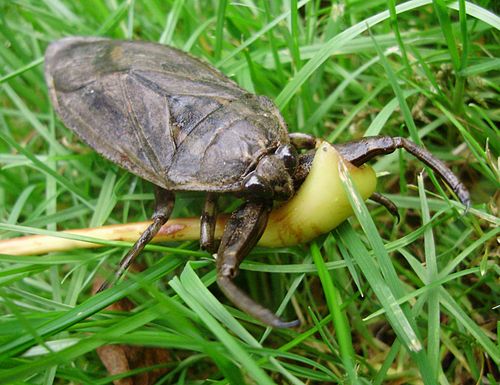
The giant water bug is a very suitable name for a creature that can grow more than four inches long! These bugs look like giant cockroaches, but they have front pincers, and unlike cockroaches, they have a stinging bite. Some people call giant water bugs “toe biters” for good reason.
Giant water bugs live in most regions of the U.S. along the fringes of lakes. Luckily for us, they typically don’t bother humans, so you can usually avoid them easily enough. “You may, however, find them swarming your porch lights at night—that’s right, they fly,” says Wheeler. “If this becomes an issue, you can use a classic bug zapper outside, which will make short work getting rid of them.” Be sure to turn off your porch lights, so there’s no competing light source.
Ticks
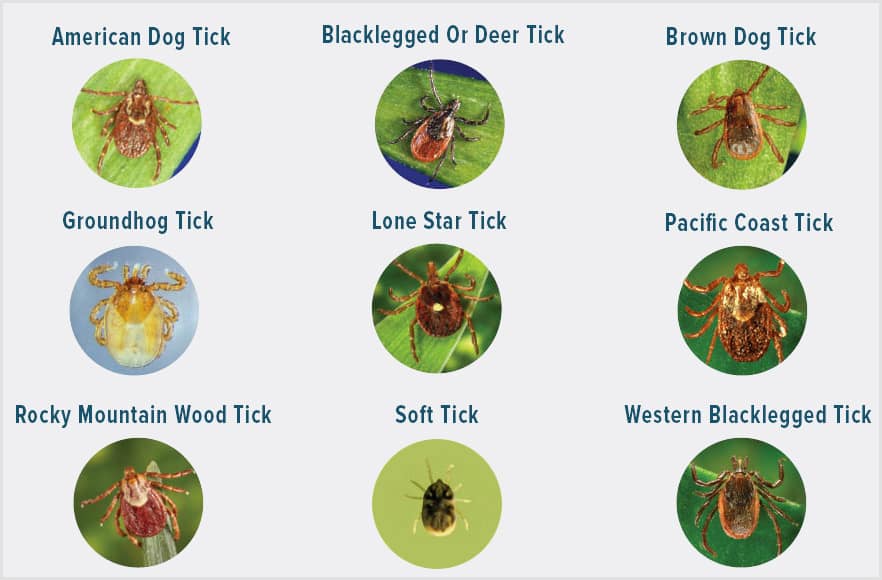
Ticks are a vast and growing problem in the Northeastern United States because they can spread some nasty diseases to humans—Lyme Disease being the most prominent one. If you have a wooded lake house in the New England region, you probably have ticks around your home.
There are some easy ways to make your yard less welcoming to ticks. Start by cleaning up yard debris (leaves, downed branches, deadwood, tall grass, and weeds). “A barrier of wood chips or stones between your yard and the woods can stop them from crossing over,” notes Wheeler. “You should also do what you can to keep deer and small mammals off your property, as ticks use these animals as hosts to feed on,” he adds. Remember to fence off any gardens or flower beds that may attract deer. Check out this list for other surefire ways to rid your lake home property of ticks.
Midges
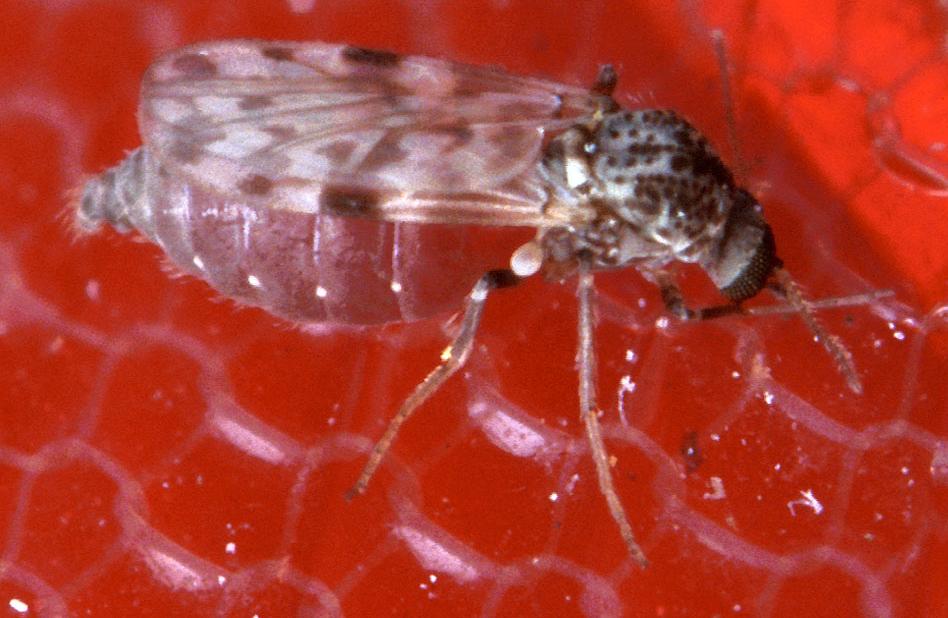
Midges are flying insects that many people mistake for mosquitoes, but most varieties don’t bite humans. “Seattle sees swarms of midges emerge around the lakes in numbers that seem almost biblical,” says Wheeler. “They can fly half a mile from their breeding ground (and much farther in a strong wind) so proactively preventing these insects isn’t an option,” he adds. “Your best course of action is to avoid turning on outdoor lights until an hour after sunset.”
Midges are attracted to light and are most active as the sun is going down, so if you can avoid luring them towards your home, you’ll see a lot less of them. You can also place a “decoy” light further from your home to draw the bugs to this area instead of your living space.
Gnats
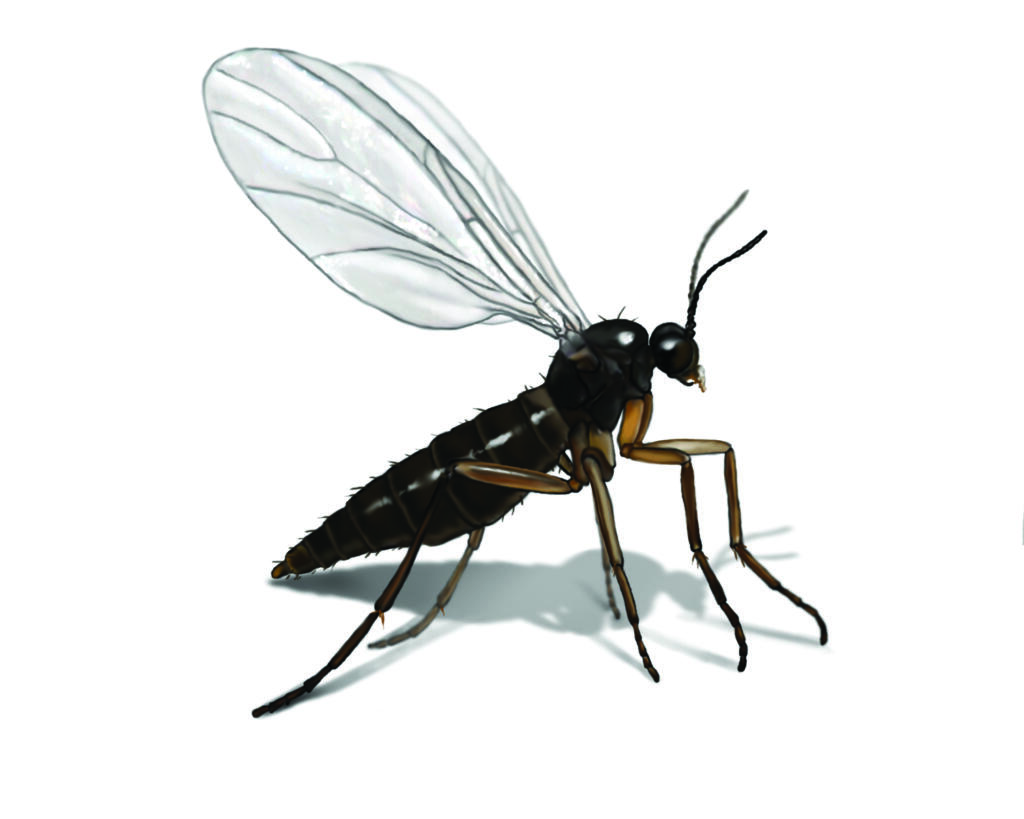
These pests are very similar to midges. Depending on the type of gnat, they can be tough to prevent. Fungus gnats may lay their eggs in damp, overwatered areas or decaying wood and mulch. Getting rid of those environments will help. Other gnats lay their eggs in lake water, which isn’t safe to treat with pesticides.
“Some lakes, such as California’s Clear Lake, introduced certain fish species that compete with gnats for zooplankton—its preferred food source,” says Wheeler. “An outdoor bug zapper or decoy light will also help control gnats.”
So, if you’re heading out to enjoy your lakeside setting, fear not! Encountering these pests and other familiar lake-loving creatures such as ants and flies is a natural part of lake living and doesn’t have to spoil your time outdoors. Arming yourself with knowledge (and insect repellent) and consulting a professional for any severe pest issues is always your best bet.

